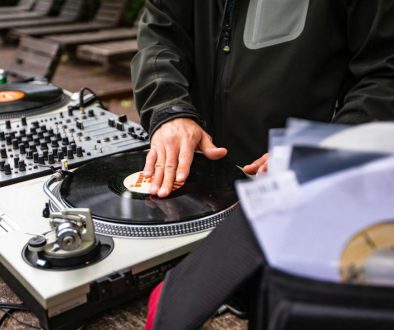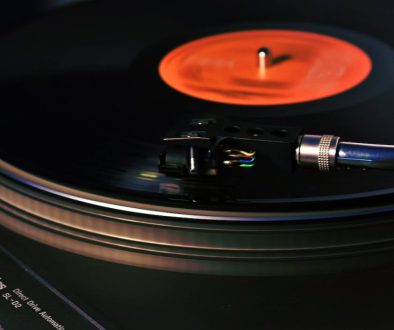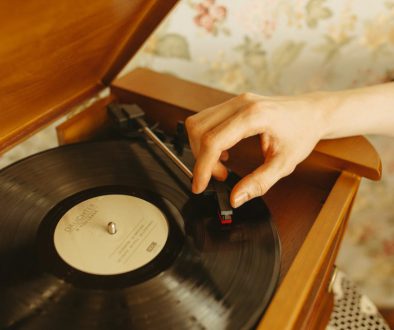Vinyl Storage – What is the Best Way to Store Vinyl?
Proper vinyl storage is a critical aspect of maintaining and preserving the quality of vinyl records, which are not only music carriers but often cherished collectibles. The way you store your vinyl can significantly impact its longevity and sound quality. This article explores effective vinyl storage methods, the best practices for preserving vinyl records, common mistakes to avoid, and the potential consequences of improper storage.
What is the Best Vinyl Storage?
The best vinyl storage solutions effectively protect records from environmental damage while ensuring they are easily accessible. Optimal options include dedicated vinyl shelving, which is custom-designed specifically for vinyl records, offering ample space and proper support for vinyl collections. For those with smaller collections or a preference for portability, sturdy wooden or plastic record crates are excellent. Modular storage units present a customizable option, allowing for a tailored fit to both space and collection size, often providing a stylish and practical solution. Additionally, cabinet or cupboard storage serves as a solid choice for protecting records from dust and light exposure, with the caveat that records should not be packed too tightly to avoid damage.
What is the Best Way to Store Vinyl?
To ensure the longevity and quality of your vinyl records, there are several best practices to follow. First and foremost, always store your vinyl records vertically. This orientation is crucial as it prevents warping and alleviates unnecessary pressure on the records, which can cause damage over time. Additionally, it’s important to keep your records in a stable environment. This means finding a cool, dry place for storage, as extreme temperatures and high humidity levels can lead to damage of both the vinyl and the album covers. Equally important is to store your records away from direct sunlight and other sources of direct light. Prolonged exposure to light can cause warping and fading, diminishing the quality and appearance of your vinyl records. Using protective sleeves – both inner and outer – is another key step. These sleeves are essential for protecting the vinyl from dust, scratches, and other forms of physical damage. Lastly, when placing your records on a shelf or in storage, ensure that they are not packed too tightly together. Adequate space between records is necessary to prevent warping and damage to their covers, preserving the integrity of your collection.
How Not to Store Vinyls?
When it comes to storing vinyl records, there are several common mistakes that should be avoided to preserve their quality and longevity. First and foremost, never stack vinyl records horizontally. The weight of the records on top can warp those at the bottom and potentially damage their grooves. It’s also important to avoid storing records near heat sources such as radiators, vents, or in attics. The exposure to heat can lead to warping, significantly affecting the playability and lifespan of the vinyl. Additionally, damp areas like basements are not ideal for vinyl storage as they can promote the growth of mold and mildew, which can damage both the vinyl records and their sleeves. Lastly, one of the most overlooked aspects of vinyl care is regular cleaning. It’s essential to regularly clean both your records and their storage space to prevent the accumulation of dust, which can affect sound quality and lead to more significant damage over time.
Is it Bad to Store Vinyls on Top of Each Other?
Yes, it is bad to store vinyl records on top of each other. This practice can lead to warping and damage to the grooves, especially for the records at the bottom of the stack. The weight and pressure can distort the vinyl, affecting playback quality. Always store records vertically and ensure they are properly supported to avoid any damage.
Conclusion
In conclusion, the key to effective vinyl storage is to maintain a stable, clean environment and to handle the records with care. By following these best practices, vinyl enthusiasts can ensure their collections remain in prime condition for years, preserving both the audio quality and the aesthetic value of their records.



